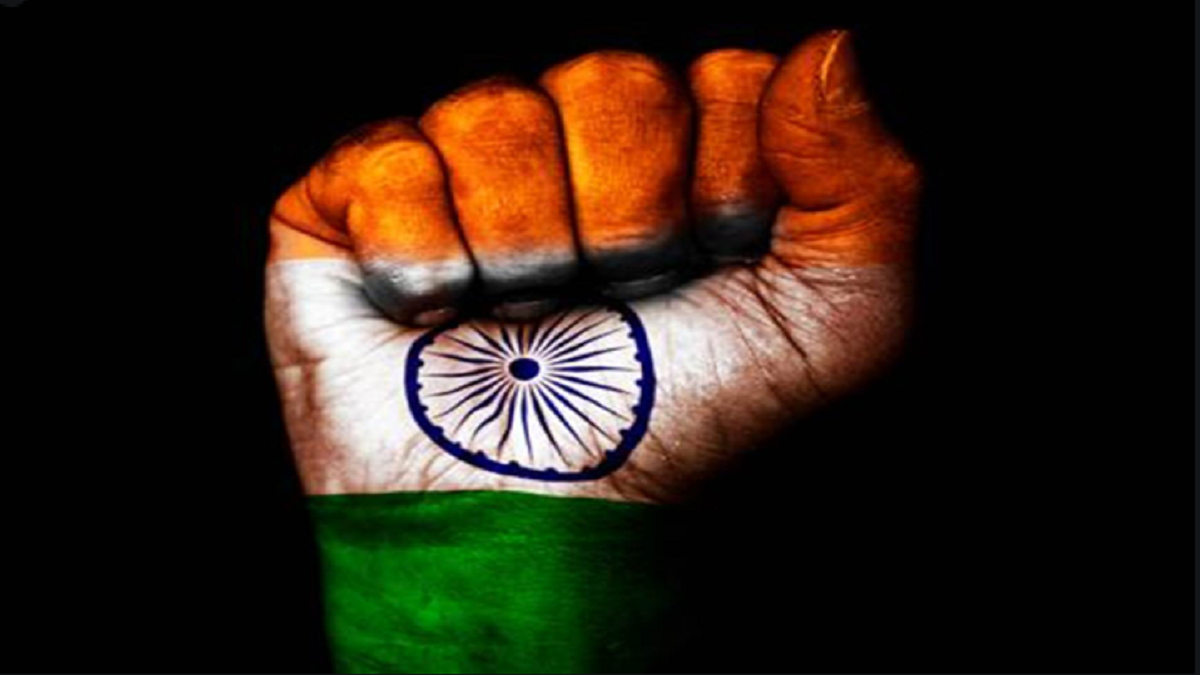


External Affairs Minister S. Jaishankar must be congratulated for overcoming decades of diffidence ingrained in India’s foreign policy establishment and acknowledging that India needs to take more “risks” on the “big issues” internationally. He is absolutely correct in saying that “the era of great caution, and greater dependence on multi-lateralism” is over and that “we need to take risks”. But then the realist in him gives way to the status quoist, and dare we say diffident and risk-averse diplomat, when almost in the same breath he utters that “we were never part of an alliance system and we will never be”. It’s like taking one step forward and two steps back, especially at a time when China is forcing the world to move towards a G-2 construct—Group of 2, where you are either with China or with the United States. It’s all very fine to say that independence of policy was an important component of non-alignment and that part of non-alignment still continues; the other part of non-alignment, according to Mr Jaishankar, was apparently about staying out of trouble. Surely someone as illustrious an ex diplomat as Mr Jaishankar would not have to be reminded that non alignment in reality was a firm alignment with a socialist Soviet bloc where India blindly sacrificed both its independence in foreign policy and its interests. But that was in the Soviet era.
This is 2020. No one is asking India to sacrifice its independence—known as “strategic autonomy” in fancier parlance—and become a US satellite. We are talking robust partnership here. But Mr Jaishankar’s “doctrine”, if it can be called that, is akin to fence sitting in the name of “independence”— of trying to be everything to everyone. The time for such vacillation is over. If India was truly pursuing a policy of “strategic autonomy” it would have enhanced its relationship with Iran and not allowed it to slip into China’s lap. “Strategic autonomy” starts resembling “strategic short-sightedness” when it is not taken into account that a clear US vs China-plus-Russia binary is developing, with Pakistan firmly ensconced in the latter camp. Breaking status quo has been the hallmark of the Narendra Modi government, revoking Article 370 being one of the bravest examples of it. The time to be bashful is over. As Mr Jaishankar himself said, it is time to take risks. At stake is India’s Indo-Pacific ambitions as well as the formalisation of the Quad and a possible formulation of an Indo-Pacific charter, where the signing countries are treaty bound to help each other when militarily threatened by China. By dint of its geography, India is surrounded by malign neighbours and it is geography that should decide India’s policy. It’s in China’s interest for India to follow the path of “non alliance”. For far too long India has tried to please China. Those days are over. It is time for a united front against China. The very fact that we are carrying out naval exercises with the US in the Indian Ocean along China’s trade routes shows that containing China is one of the cornerstones of India’s foreign policy. Banning the 59 Chinese apps is a manifestation of that containment policy and in this case the world will follow India. India under Prime Minister Narendra Modi has already chosen—chosen to be in the grouping where its independent interests are best served. In fact, in a larger context, at a time when the US Congress is unabashed about its criticism of China’s attack on India’s interests, the least the mandarins in the external affairs ministry can do is to avoid working in silos—out of sync with the PM’s policy. The days of being the sorry collective working under Dr Manmohan Singh are over.